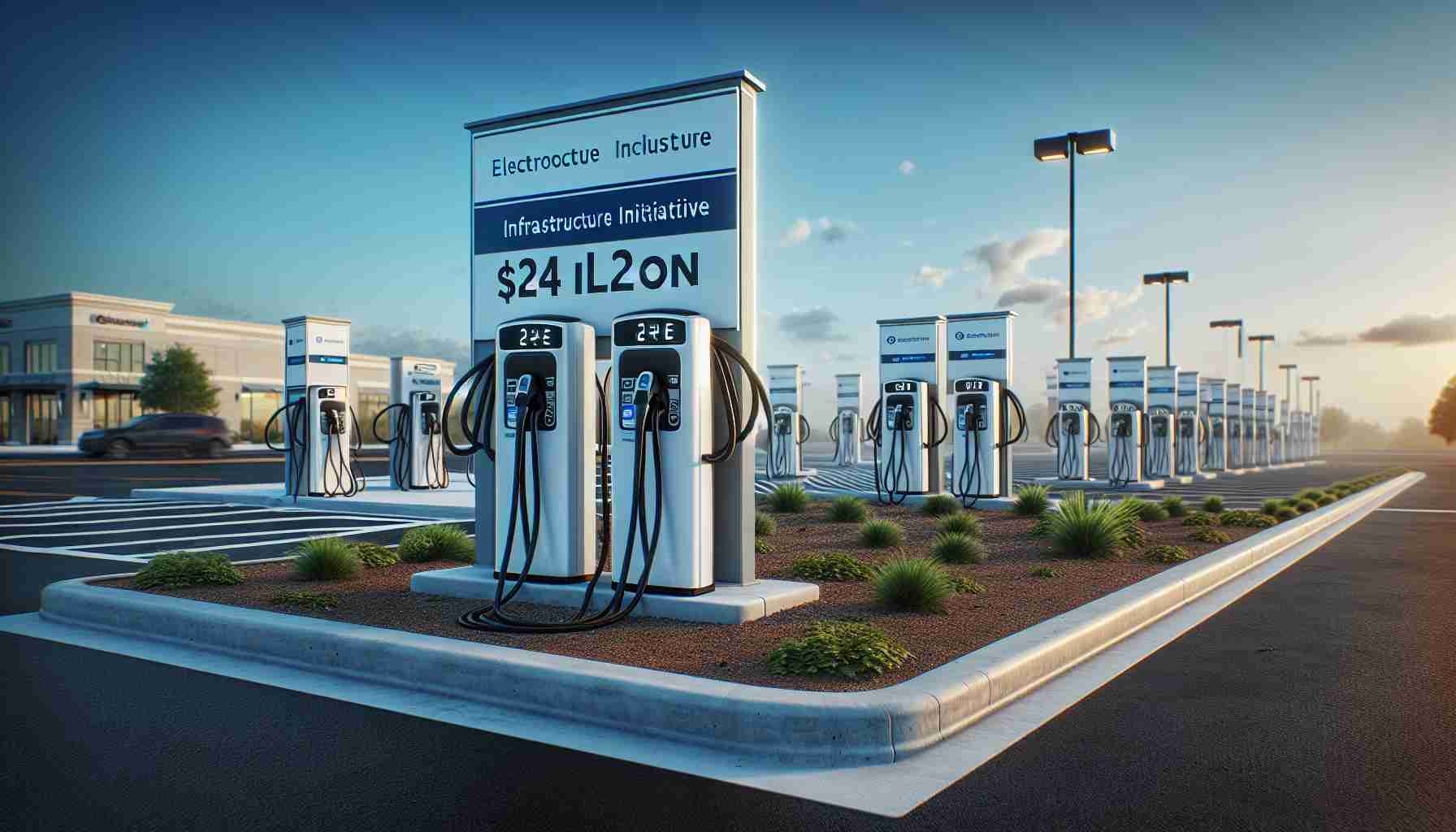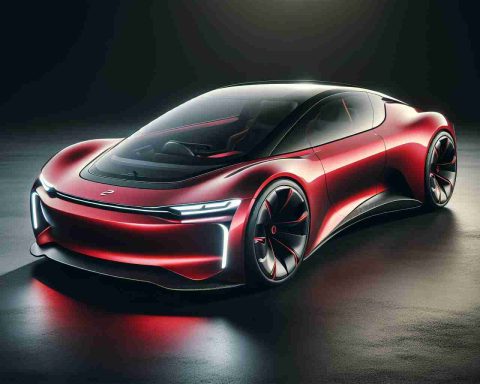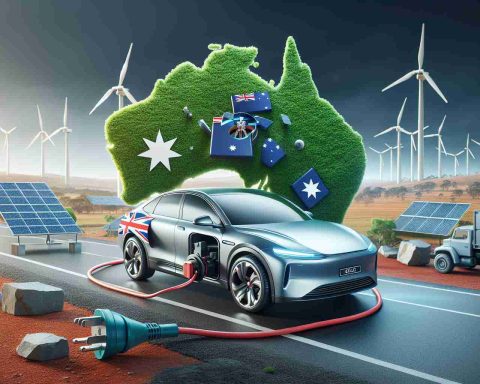- Tennessee aims to enhance its electric vehicle charging infrastructure with the Fast Charge TN Network Grant Program.
- The program has a total budget of $24 million to build approximately 65 new fast-charging stations.
- It enables drivers to access a charging station within every 50 miles along major interstates.
- Funding sources include the Volkswagen Diesel Settlement and contributions from various stakeholders.
- Over 50 projects are either completed or underway, promoting electric vehicle adoption statewide.
- This initiative reflects Tennessee’s commitment to reducing vehicle emissions and supporting a sustainable future.
Tennessee is charging ahead with ambitious plans to expand its electric vehicle infrastructure, rolling out a robust grant program aimed at bridging the charging gap across its highways. As the state launches its Fast Charge TN Network Grant Program, eager applicants can look forward to vying for a share of $24 million to erect approximately 65 new fast-charging stations along key interstates.
Initiated in 2021 by the Tennessee Department of Environment and Conservation and the Tennessee Valley Authority, this program was designed to ensure that drivers can find a charging station within every 50 miles. The funding comes from a combination of the state’s share of the Volkswagen Diesel Settlement and contributions from electricity revenue and grant participants.
Despite challenges posed by the federal government, including a halt on national funding initiatives, Tennessee’s program remains unwavering. Officials emphasize that their goal is to enhance transport efficiency, reduce vehicle emissions, and bolster electric vehicle adoption across the state.
Currently, about 50 projects are already completed or underway, with this second round expected to finalize the fast-charging network essential for a future leaning heavily on electric mobility. As the electric vehicle industry flourishes in Tennessee, particularly in rural areas, this grant program symbolizes the state’s commitment to a sustainable future.
With entrepreneurs and investors eyeing the burgeoning EV market, the takeaway is clear: Tennessee is powering up for the future, one charger at a time!
Powering the Future: Tennessee’s Bold Move Towards Electric Mobility!
Tennessee’s Electric Vehicle Infrastructure Expansion
Tennessee is taking significant strides in developing its electric vehicle (EV) infrastructure with the Fast Charge TN Network Grant Program. This initiative is designed to ensure that electric vehicle drivers can easily access charging stations throughout the state, solidifying Tennessee’s commitment to sustainable transportation and environmental stewardship.
Key Features of the Fast Charge TN Network Grant Program
1. Funding Overview: The program allocates $24 million for the establishment of approximately 65 new fast-charging stations across major interstates, enhancing the state’s existing infrastructure.
2. Geographic Coverage: The goal is to have charging stations within every 50 miles, addressing range anxiety and promoting electric vehicle use in both urban and rural areas.
3. Project Background: This initiative stems from funding sources like the Volkswagen Diesel Settlement, which aimed to compensate for environmental violations, alongside state-driven financial contributions.
Trends and Insights in Tennessee’s EV Landscape
– Growing EV Market: With the rise in electric vehicle adoption, Tennessee is transitioning to a more sustainable transportation model, with anticipated growth in EV sales.
– Impact on Rural Areas: The expansion of charging infrastructure promises to benefit rural communities, helping them participate in the electric vehicle transition and reducing greenhouse gas emissions statewide.
– National Context: Tennessee’s program responds to federal challenges, demonstrating resilience and a proactive approach to securing a sustainable transport future.
Pros and Cons of the Fast Charge TN Network
Pros:
– Enhances accessibility to charging for electric vehicle owners.
– Supports environmental sustainability goals by reducing emissions.
– Attracts investment and innovation in the EV market.
Cons:
– Dependency on fluctuating federal funding support.
– Possible challenges in maintaining charging stations in rural areas.
– The rapid pace of technological change could outdate new installations quickly.
Potential Limitations and Challenges
– Funding Sustainability: Ongoing maintenance and operational costs of the new charging stations will need to be addressed to ensure the network’s longevity.
– Technology Integration: The need for interoperability between different charging systems can pose challenges for standardization.
– Consumer Adoption: A well-developed infrastructure must be paired with an ongoing consumer education effort to increase electric vehicle adoption.
Related Questions
1. What are the long-term benefits of expanding EV charging stations in Tennessee?
– The long-term benefits include improved air quality, reduced reliance on fossil fuels, economic growth through new jobs in the EV sector, and enhanced commuter convenience.
2. How does Tennessee’s EV initiative compare to other states?
– Tennessee’s efforts are on par with other states like California and Texas, which have also invested heavily in EV infrastructure, but they uniquely address the rural-urban divide.
3. What future innovations are expected in Tennessee’s EV infrastructure?
– Innovations may include integration of renewable energy sources with charging stations, smart charging technologies, and potential partnerships with tech companies for improved user experiences.
For more insights on Tennessee’s initiatives, visit tn.gov.















